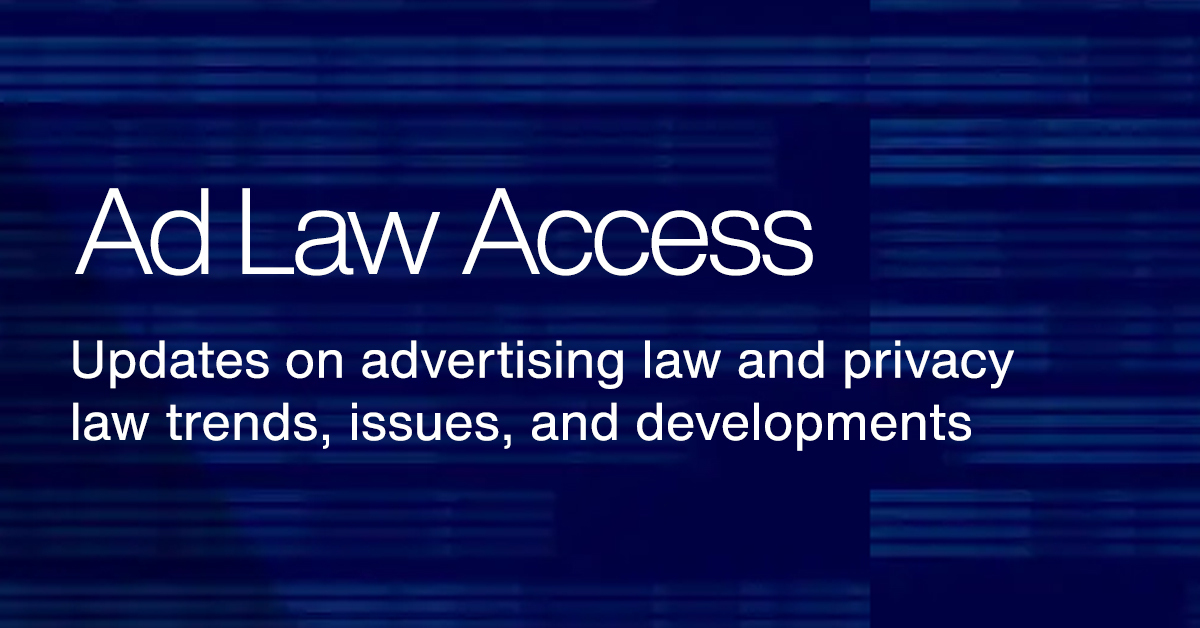Most businesses that send texts to their target audiences are focused on compliance with the federal Telephone Consumer Protection Act (TCPA) – and understandably so, given the explosion in class action litigation stemming from the TCPA’s private right of action. However, outreach to consumers by phone, including texting, can also come under scrutiny under a patchwork of state laws, many of which have unique nuances that create compliance challenges.
One such example is Washington state’s Commercial Electronic Mail Act (CEMA). This law states in part “[n]o person conducting business in the state may initiate or assist in the transmission of an electronic commercial text message to a telephone number assigned to a Washington resident for cellular telephone or pager service that is equipped with short message capability or any similar capability allowing the transmission of text messages.” Several recent lawsuits alleging violation of this law underscore some key differences between state and federal regulations that plaintiffs may see as an avenue for pursuing class action claims. For instance, under the TCPA, only the “sender” or “maker” of a text can be held liable for violations. But in cases against Block, Inc., Robinhood Financial LLC, and Capital One, putative plaintiff classes alleged that “refer-a-friend” texts, which were sent from current customers to their contacts, violated CEMA because the companies provided “substantial assistance” in the transmission of the texts. Each case was reviewed by different judges in the Western District of Washington, and each held that plaintiffs had adequately alleged CEMA violations. Robinhood Financial settled its litigation in 2024 for $9 million, with an additional $2.2 million in attorneys fees.
Other states that similarly present compliance challenges include Florida (where a number of cases have been filed based on businesses failing to include a callback number on outbound SMS messages) and Maryland (which codified a prohibition on autodialed calls without consent that is broader than the federal TCPA prohibition).
Businesses that engage in text outreach to their target audiences should consider how to meet these unique state requirements as part of their overall strategy for managing compliance. If you have questions about how state-law requirements may affect your business, please reach out to Alysa Hutnik or Jenny Wainwright. For more telemarketing updates, subscribe to our blog.
Kelley Drye & Warren LLP
Copyright © 2025

